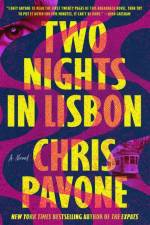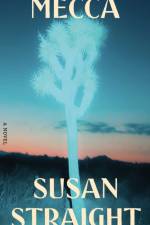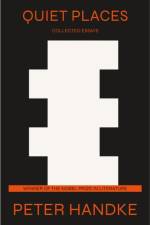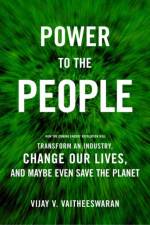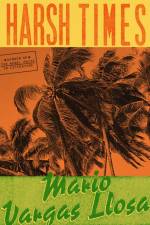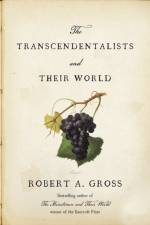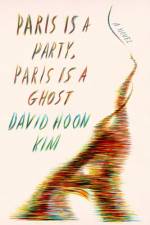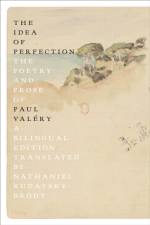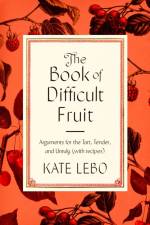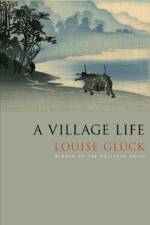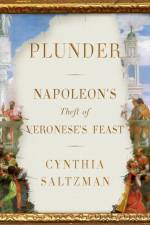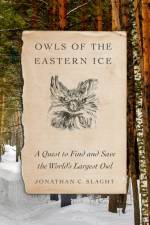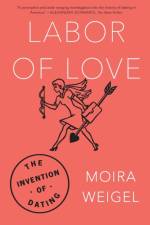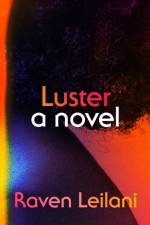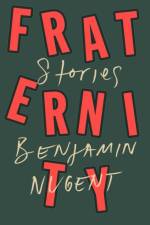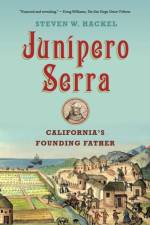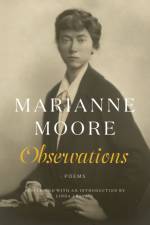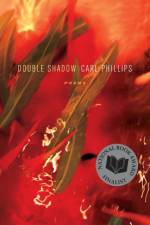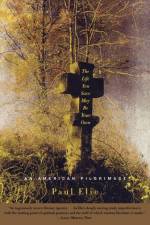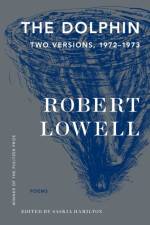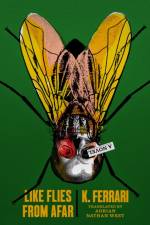av Jan Grue
247
* A New York Times Editors' Choice * Publishers Weekly Best Nonfiction Books of 2021 *I am not talking about surviving. I am not talking about becoming human, but about how I came to realize that I had always already been human. I am writing about all that I wanted to have, and how I got it. I am writing about what it cost, and how I was able to afford it. Jan Grue was diagnosed with spinal muscular atrophy at the age of three. Shifting between specific periods of his life-his youth with his parents and sister in Norway; his years of study in Berkeley, St. Petersburg, and Amsterdam; and his current life as a professor, husband, and father-he intersperses these histories with elegant, astonishingly wise reflections on the world, social structures, disability, loss, relationships, and the body: in short, on what it means to be human. Along the way, Grue moves effortlessly between his own story and those of others, incorporating reflections on philosophy, film, art, and the work of writers from Joan Didion to Michael Foucault. He revives the cold, clinical language of his childhood, drawing from a stack of medical records that first forced the boy who thought of himself as "e;just Jan"e; to perceive that his body, and therefore his self, was defined by its defects.I Live a Life Like Yours is a love story. It is rich with loss, sorrow, and joy, and with the details of one life: a girlfriend pushing Grue through the airport and forgetting him next to the baggage claim; schoolmates forming a chain behind his wheelchair on the ice one winter day; his parents writing desperate letters in search of proper treatment for their son; his own young son climbing into his lap as he sits in his wheelchair, only to leap down and run away too quickly to catch. It is a story about accepting one's own body and limitations, and learning to love life as it is while remaining open to hope and discovery.

